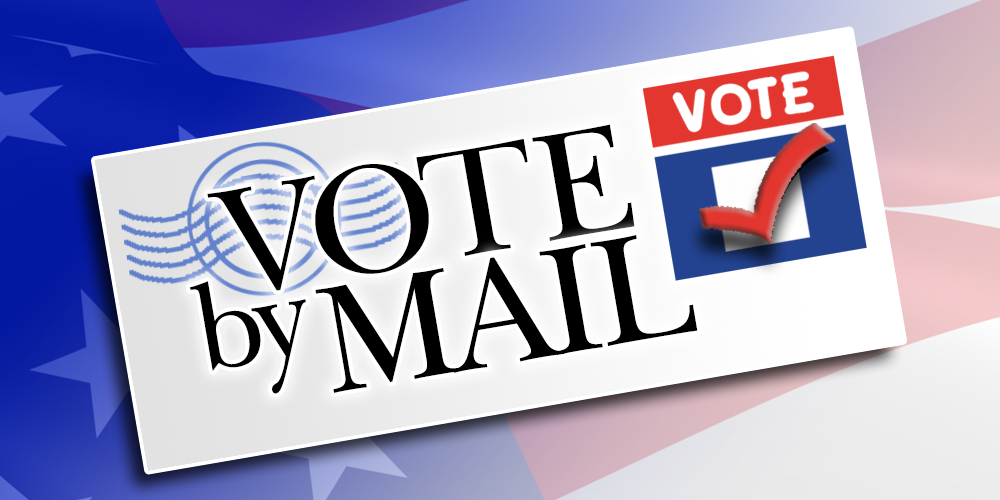“This was a nail-biter all the way to the end. But we’re excited about all the people that will benefit from this. We’re still hopeful that the governor will sign them,” said Chase Bearden, deputy executive director of the Coalition of Texans with Disabilities, a nonprofit that has been advocating for these voting access policies since 2017. “This is a substantial change. Our next steps are now educating the election workers and election judges, counties, also letting all of the people know who are eligible and then explaining how it all works.”
The bills stand in stark contrast to other legislation Republican lawmakers have pushed since the 2020 election that have made it more difficult for Texans to vote.
Under current law, people who vote by mail do so by marking their choices on a paper ballot. But some voters, such as those who are blind or paralyzed, require help from others to mark their mail ballots and read their answers back to them.
House Bill 3159, authored by state Rep. Jeff Leach, a Republican, and co-authored by Rep. John Bucy, a Democrat, would allow voters who need assistance casting ballots by mail to do so “privately and securely” by using an electronic system to make their choices. Bucy has filed similar proposals three times since taking office in 2019, all without success.
Senate Bill 477 improves in-person voting for those with disabilities or mobility problems. Written by state Sen. Judith Zaffirini, a Democrat, the bill will allow voters to skip the line at their polling location. The law now requires election workers to grant that type of access only when requested, and the change would allow these individuals to move to the front without permission.
Each polling location will also be required to designate a parking space to be used for curbside voting, in addition to the already required wheelchair-accessible parking space. Signage directing voters to these options would have to be placed at the entrance of the polling place, as well as public notices bearing information about the accommodations. The bill received support from the Republican-led Senate. Only two conservative senators voted against it: Bryan Hughes and Drew Springer, both known for supporting more restrictive voting measures.
The story goes into some detail about the provisions of each bill and how they got to this point in the process, so go read the rest. They’re small-bore – which, let’s be honest, is probably why they had a chance, that and the fact that they were entirely under the radar to anyone not in those communities – and they can’t come close to making up for the disaster of the last two sessions. But they’re still a step in the right direction, and we should celebrate them. Well done to all involved.
UPDATE: And Greg Abbott vetoed the bill by Rep. Leach as part of his effort to target voucher opponents ahead of the next special session. It probably won’t work, because Greg Abbott is a bad governor and a weak leader.

